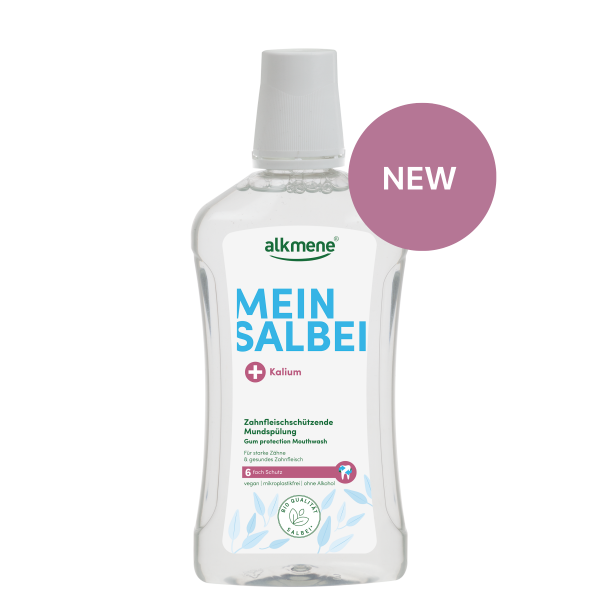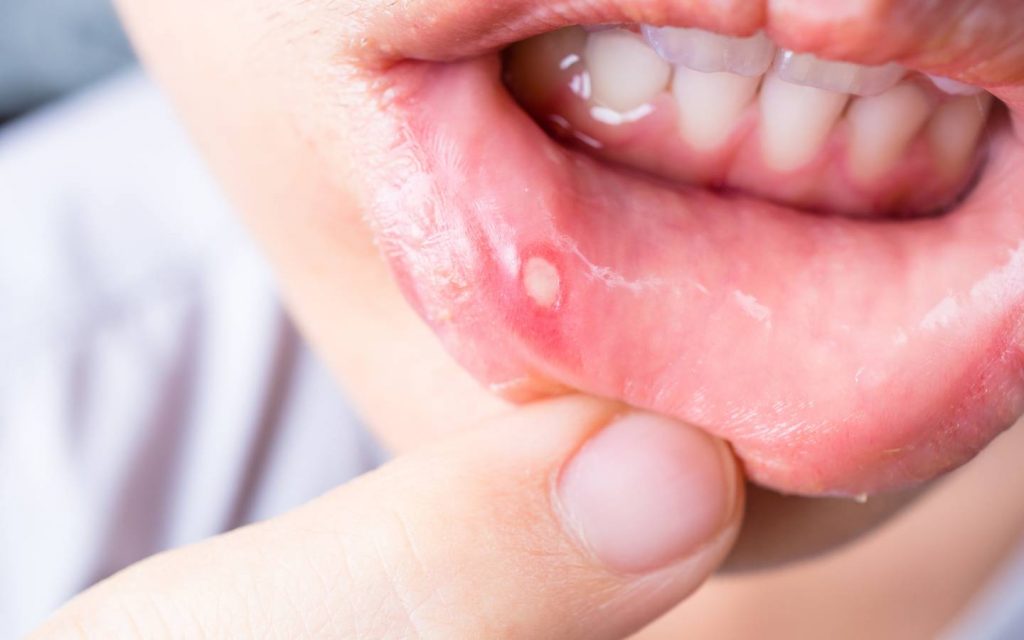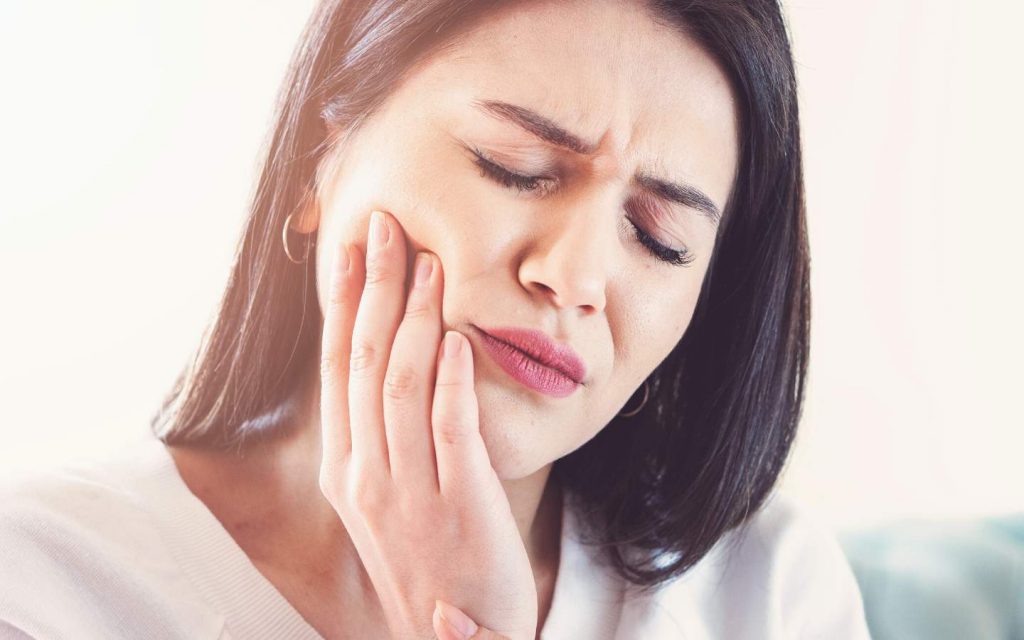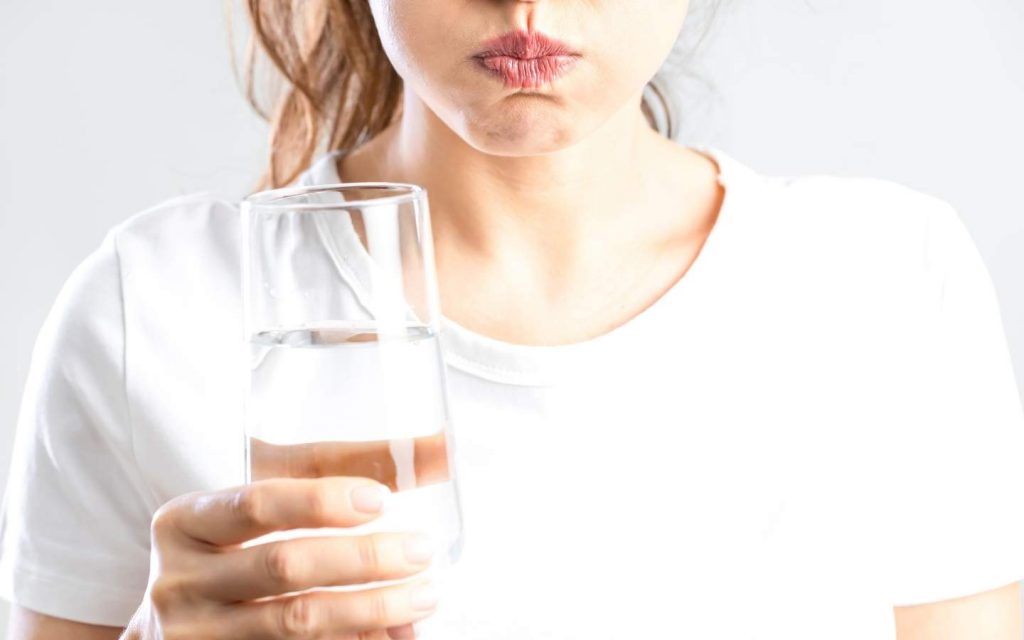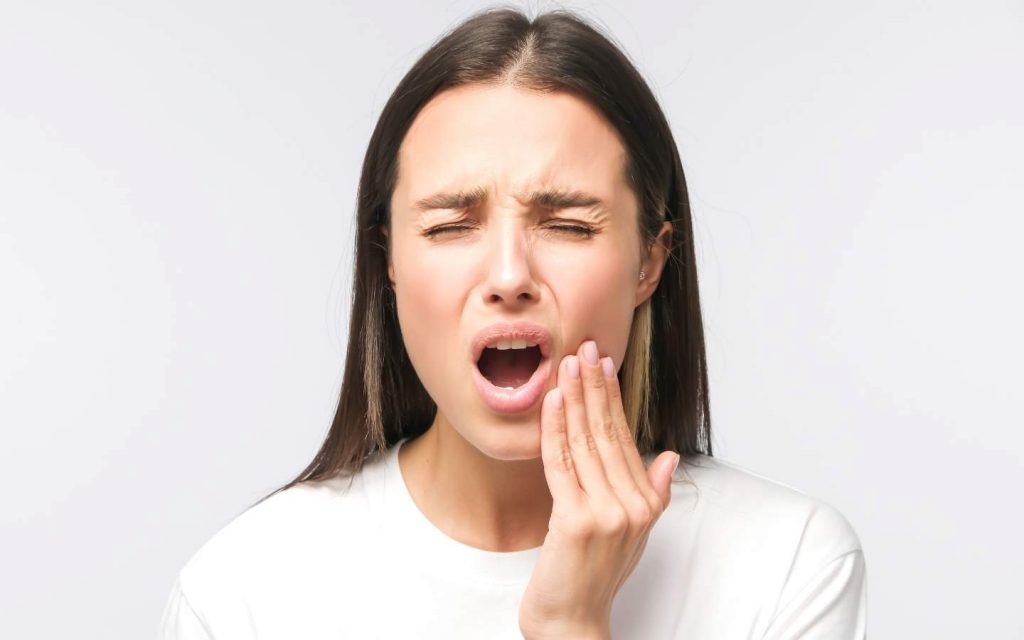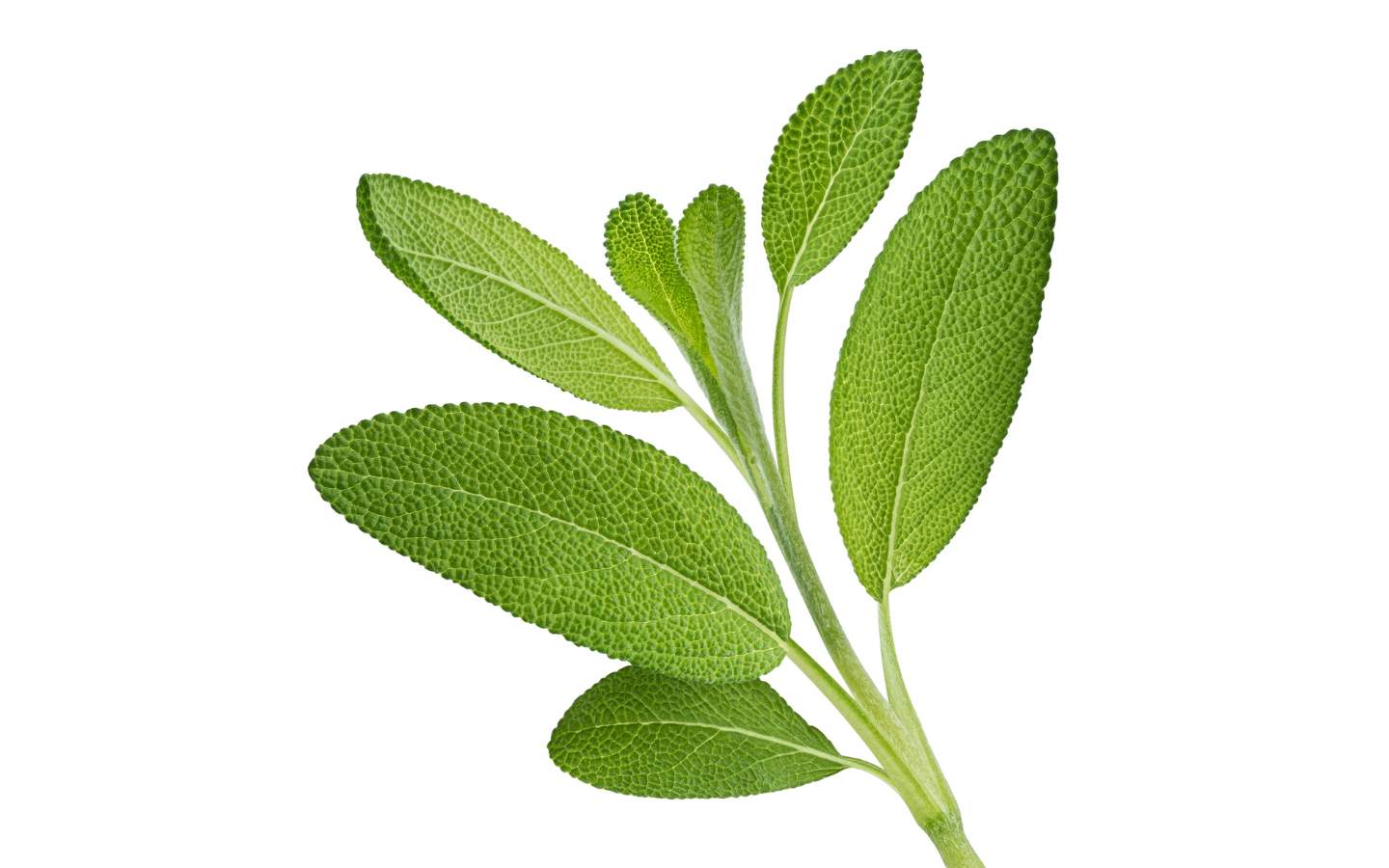
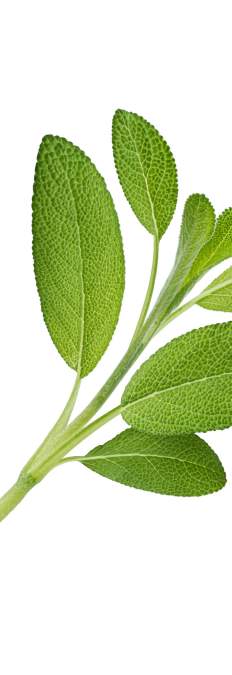
SAGE -
What are the properties of sage?
Sage (Salvia officinalis) is a medicinal plant that is rich in essential oils, flavonoids and tannins. These ingredients give sage its anti-inflammatory, antibacterial and antioxidant properties.
What effect does sage have?
Sage is particularly valued in oral care for its antibacterial and anti-inflammatory effects. Sage fights bacteria in the mouth and can help prevent the development of tooth decay and gum inflammation. At the same time, sage has a soothing effect on irritated gums. As we use the significantly milder extract instead of essential sage oil, it is particularly suitable for daily use and is gentle on sensitive oral cavities.
How is sage extracted?
Sage is usually obtained by growing it in fields. The leaves of the plant are harvested as they contain the highest concentration of valuable ingredients. For cosmetic applications, such as in our mouthwash, an extract is obtained from these leaves. The sage extract is produced by soaking the leaves in a well-tolerated solvent, in this case a mixture of water and glycerine, which dissolves out the active ingredients. This process is particularly gentle and preserves the sage’s important active ingredients.
Is sage questionable?
Even though sage is often used in medicine and other products, it is usually sage oil, which is also an essential oil. We have therefore decided to use a sage extract for our MY SAGE mouthwash. This naturally has a brownish tinge, which can change the color of the mouthwash slightly, but is of course absolutely harmless. The advantage of sage extract lies in its mildness. The extract has a milder taste than pure sage oil, making it perfect as an active ingredient for a sensitive product such as our MY SAGE Mouthwash.
